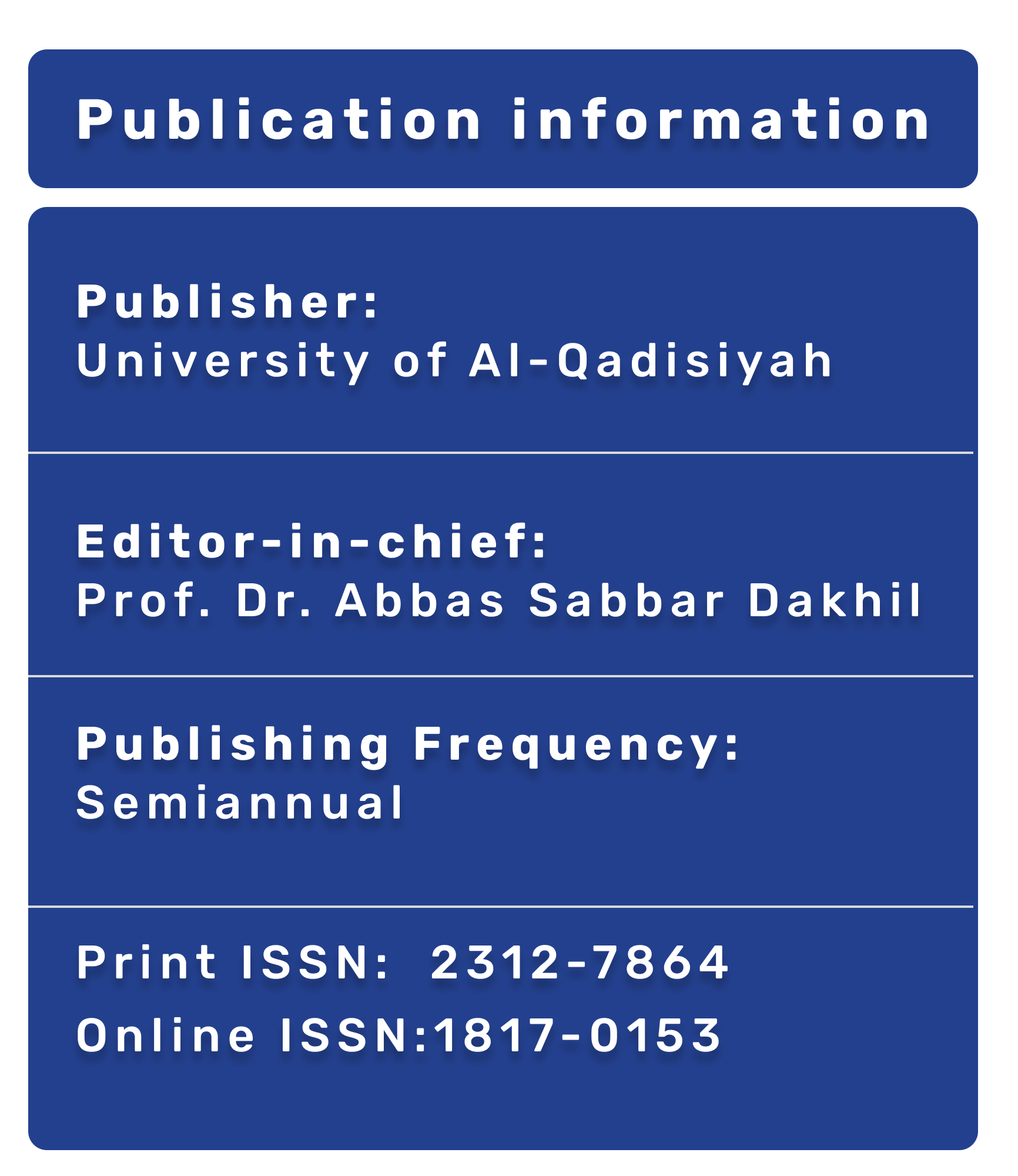Electrocardiographic abnormalities among patients with LV systolic dysfunction
Abstract
Background: Heart failure (HF) is a public health problems particularly affecting older males. Ischemic heart disease (IHD) and non-ischemic disease could cause HF although with different electrocardiographic (ECG) abnormalities.
Aim: The present study aimed to determine the frequency of common ECG findings in ischemic vs non ischemic systolic LV dysfunction.
Patients and Methods: This is a cross-sectional prospective study which was conducted at Baghdad Medical City/ Department of cardiology and IBN AL- BITAR specialized center for cardiac surgery. The study included a total of 250 adult patients admitted with HF during the period from January/ 2023 till December/ 2023. Sociodemographic characteristics, electrocardiography, echocardiography findings and medication were gathered. Patients were categorized according to two groups according to HF cause: ischemic and non-ischemic.
Results: the age of the studied population was 62.63±13.22years with males representing 65.2%. Left axis deviation, atrial fibrillation (AF), Q-wave, left atrial enlargement and low voltage were the most common ECG abnormalities accounting for 28.8%, 28.4%, 28.4, 27.6%, and 23.6% of the patients, respectively. Left ventricular dysfunction is very common, of which mildly reduced, moderately reduced, and severely reduced ejection fraction were reported in 42.8%, 38% and 12% of the patients, respectively. In the majority of cases (72.8%), the cause of HF was IHD while in only 27.2% the cause was non-IHD.
Conclusions: Most patients with HF were males in their fifth decade. Diabetes mellitus, dyslipidemia, hypertension are most risk factors associated with HF. The majority of cases with HF are due to ischemic causes, while non-ischemic diseases responsible for about one-fourth of cases. Atrial fibrillation is common in non IHD, while Q-wave is more common in ischemic than non-ischemic HF with significant differences.




